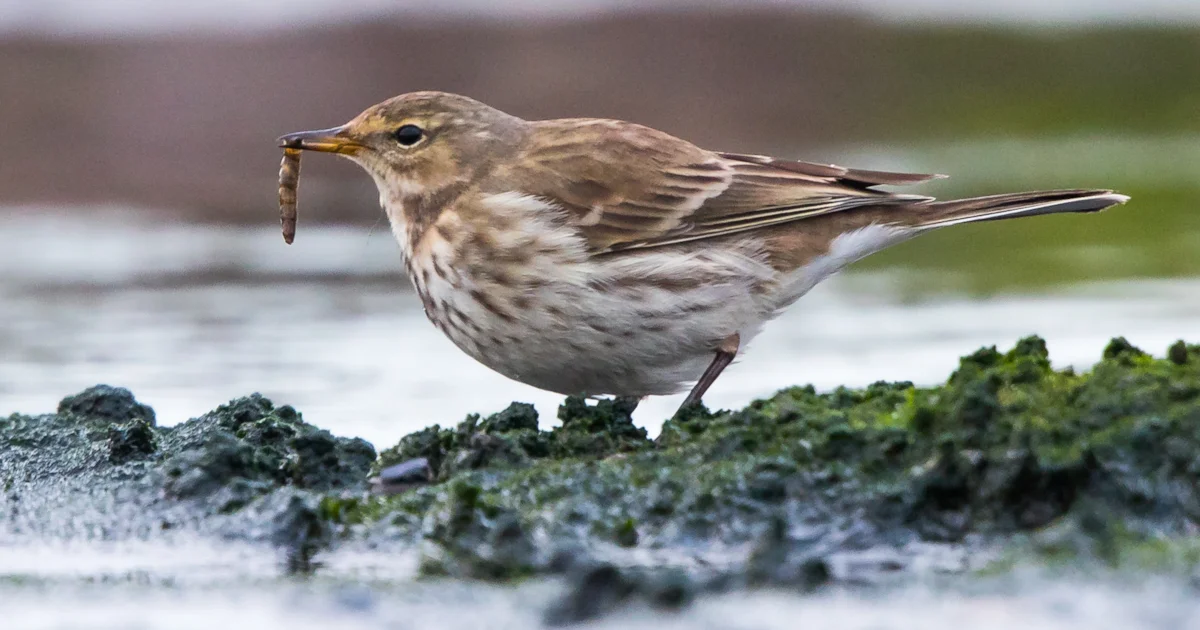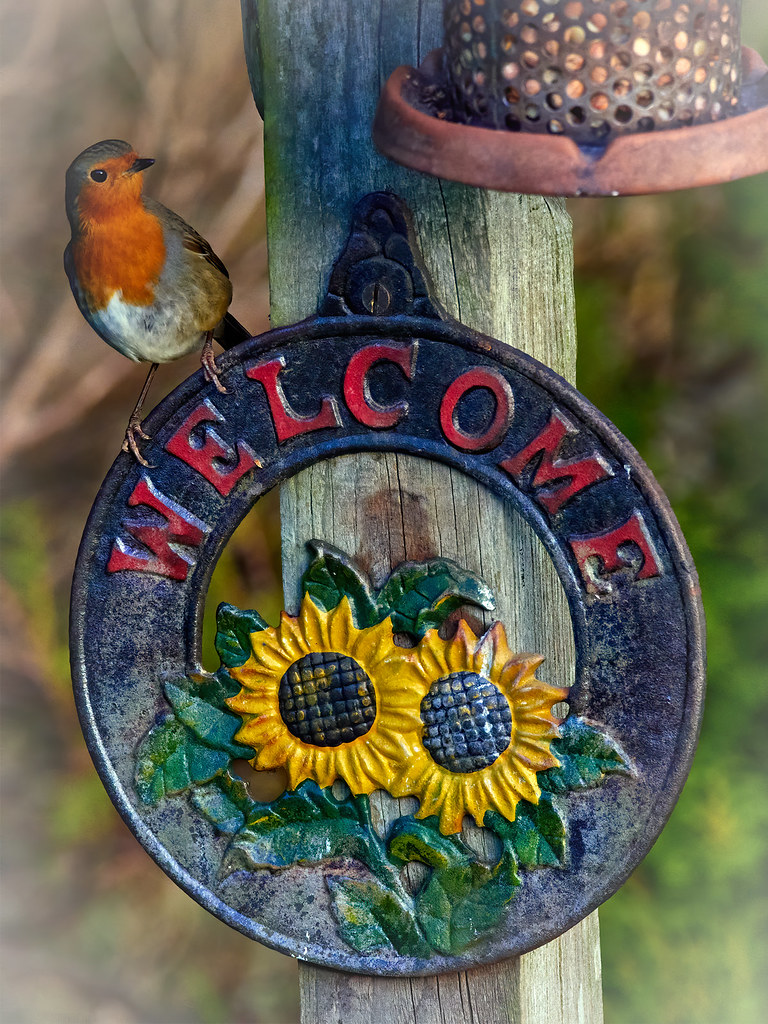There are some risks with baiting birds for photography, how serious these risks are depends on circumstances and some people have very strong views about it.
Short term baiting might attract birds into the open (better light for photographs) and make them at greater risk to predators. It might also encourage the birds to spend longer in the open and be less alert to predators. It may attract several individuals from the same species into the same space and encourage territorial or other aggressive behaviour. The energy lost during these types of dispute could, in bad weather, result in the death of bird. To counter this, the availability of food could also be valuable in keeping birds alive
Regular baiting can change the behaviour of individual birds and make them dependent on the food being provided, and spend less time defending their feeding territory, with possible serious consequences for individual birds.
There are other possible risks, but overall the risks are similar to putting food out on a bird table, and then stopping when you go off on holiday for three weeks. And sparrowhawks quickly learn that bird tables can provide a ready supply of small birds. The difference is that the bird table is for the benefit of the birds, and baiting is for the benefit of the photographer. But also good bird photographs can have value for bird conservation marketing, and some birds are almost impossible to photograph without some kind of baiting.
Baiting rare birds is seen as more serious offence, as it might have a more serious consequence for a small population of birds.
Personally, I don't have a big issue with responsible baiting but I think you need to understand the ecology and behaviour of the species you want to photograph to assess what is and isn't responsible. I'm not keen on tethering live goats to attract tigers (and its never worked for me in Somerset), or damaging trees to hide bait which will attract birds or mammals but not be seen by the camera, but scattering a few mealworms, in a spot a bird is coming to anyway, to encourage it into the "right" but still safe spot, seems fairly harmless to me.

 www.birdguides.com
www.birdguides.com






